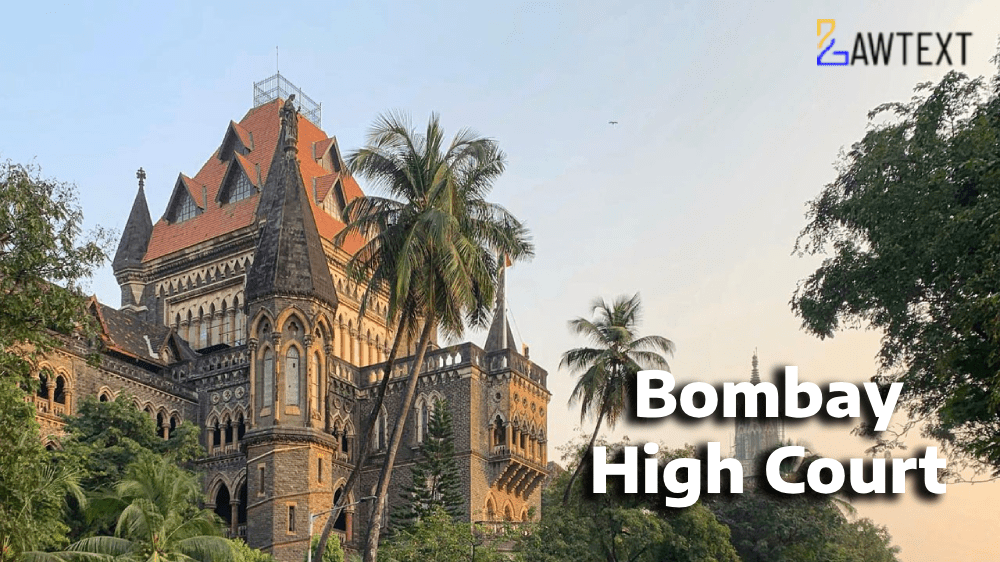

Adoption and Property Rights: The Bombay High Court held that adoption does not divest an individual of rights over self-acquired property. The property purchased in the name of the adopted individual before adoption remains their independent property, and the adoption deed does not affect such rights. (Para 17, 22, 23) Legal Principle: The distinction between self-acquired property and property inherited from the natural father is crucial. Adoption divests rights only in property inherited from the natural father, not in self-acquired property. (Para 28, 32)
Benami Transactions: The Court referred to the Benami Transactions (Prohibition) Act, 1988 and reiterated that the burden of proving a benami transaction lies on the person asserting it. The intention of the person contributing the purchase money determines the true nature of the transaction. (Para 30, 31)
Legal Principle: The source of purchase money, possession of the property, and subsequent conduct of the parties are key factors in determining whether a transaction is benami. (Para 31)
Registered Sale Deed and Mutation Entry:The Court emphasized the presumptive value of a registered sale deed. The mutation entry in the name of the adopted individual, represented through his adoptive mother as guardian, supported the claim that the property was intended to be his independent property. (Para 18, 19, 21)
Legal Principle: The intention of the purchaser, as evidenced by the mutation entry and subsequent conduct, is critical in determining the nature of the property. (Para 21, 33)
Joint Family Property: The Court rejected the claim that the property was joint family property, as there was no evidence of joint family income or possession. The property was purchased from the independent income of the father, who was in government service. (Para 17, 20, 21) Legal Principle: In the absence of evidence of joint family income or possession, property purchased in the name of an individual cannot be treated as joint family property. (Para 21)
The Bombay High Court dismissed the second appeal, upholding the first appellate court’s decision. The Court held that the suit property was the independent property of defendant no. 1, and the adoption deed did not divest him of his rights. (Para 35, 36)
Major Acts:
Hindu Adoptions and Maintenance Act, 1956 (Adoption Act of 1956) – Section 12
Benami Transactions (Prohibition) Act, 1988 – Section 3
Nature of the Litigation:
The appeal was filed by the heirs and legal representatives of the original plaintiff, challenging the dismissal of their suit by the first appellate court. The suit sought a declaration of title over the suit property, claiming it as joint family property. (Para 1, 3)
Remedy Sought:
The appellants sought a declaration that the suit property belonged to the joint family of the plaintiff, defendant nos. 2 and 3, and their father, Tatya. They contended that the property was purchased from joint family income and that defendant no. 1, who was adopted, had no rights over it. (Para 4, 5)
Reason for Filing the Case:
The suit was filed after defendant no. 1 obstructed the plaintiff’s possession of the property in 1985. The plaintiff claimed that the property was purchased in the name of defendant no. 1, who was a minor at the time, but it was actually joint family property. (Para 6)
Previous Decisions:
The trial court had decreed in favor of the plaintiff, declaring the property as joint family property. However, the first appellate court reversed this decision, holding that the property was the independent property of defendant no. 1, purchased through a registered sale deed. (Para 1, 5)
Question of Law:
What is the legal effect of the adoption deed dated 12th September 1940 on the rights of defendant no. 1 over the suit property? (Para 2)
Whether the first appellate court was correct in interfering with the trial court’s decree? (Para 2)
Appellant’s Arguments:
The property was purchased from joint family income, and defendant no. 1, being adopted, had no rights over it. The adoption deed divested defendant no. 1 of any rights in the property. (Para 6, 7, 8)
The mutation entry in the name of defendant no. 1 did not create any rights in his favor, as it was made while he was a minor. (Para 8, 9)
Respondent’s Arguments:
The property was purchased in the name of defendant no. 1 through a registered sale deed, and the mutation entry after adoption confirmed that it was his independent property. The adoption deed did not affect his rights over the property. (Para 12, 13, 14)
Adoption and Property Rights:
Adoption divests rights only in property inherited from the natural father, not in self-acquired property. (Para 28, 32)
Benami Transactions:
The burden of proving a benami transaction lies on the person asserting it, and the intention of the purchaser is key in determining the nature of the property. (Para 30, 31)
Registered Sale Deed and Mutation Entry:
The presumptive value of a registered sale deed and the intention of the purchaser, as evidenced by the mutation entry, are critical in determining property rights. (Para 18, 19, 21)
Adoption, Self-Acquired Property, Joint Family Property, Benami Transaction, Registered Sale Deed, Mutation Entry, Hindu Adoptions and Maintenance Act, Benami Transactions (Prohibition) Act.
Citation: 2025 LawText (BOM) (2) 142
Case Number: SECOND APPEAL NO. 637 OF 2011
Date of Decision: 2025-02-14
Case Title: Nathaji @ Sudhakar Tayaba Katkar Versus Shri Vithal Satava Katkar And Ors.
Before Judge: GAURI GODSE, J.
Advocate(s): Mr. R.N. Kachare a/w. Mr. Pradeep Gole for the Appellants. Mr. D.S. Mhaispurkar for Respondents.
Appellant: Nathaji @ Sudhakar Tayaba Katkar
Respondent: Shri Vithal Satava Katkar And Ors.